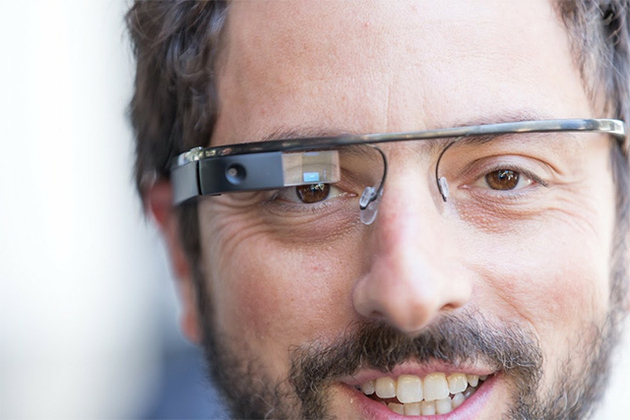 Chris Hollindale is cofounder and CTO of seed-funded stealth startup Hasty.
Chris Hollindale is cofounder and CTO of seed-funded stealth startup Hasty.
If you’ve ever tried out a Nike+ FuelBand, a Jawbone UP, or apps like RunKeeper or Strava for runners and cyclists, the chances are that you’ve seen the powerful effects that gamification can have.
Gamification is an effective mechanism that taps into our naturally competitive instinct to help change our behavior. And in the case of health and fitness apps, this change of behavior means real lifestyle changes, enabling us to be fitter and healthier.
But is this gamification being applied to the right health metrics? Could it be applied to areas that have even more of a positive health impact?
 In the health and fitness space, the best examples of gamification are those employed by the likes of Nike+, Jawbone and FitBit’s tracking devices. Statistical and anecdotal evidence shows how effective the gamification is here – FitBit reports that its users take 43 percent more steps. But is tracking your steps — which is ultimately what these devices do — actually all that good for you?
In the health and fitness space, the best examples of gamification are those employed by the likes of Nike+, Jawbone and FitBit’s tracking devices. Statistical and anecdotal evidence shows how effective the gamification is here – FitBit reports that its users take 43 percent more steps. But is tracking your steps — which is ultimately what these devices do — actually all that good for you?
I’d argue that there are many more important metrics when it comes to living better and healthier, and this is where the future of health gamification will lie.
An interesting possibility is applying gamification to real health metrics. Services like WellnessFX now allow consumers to evaluate all manner of data points about themselves, from nutrient levels to cholesterol and testosterone. Being able to measure and improve these core health metrics is a huge leap, and I can see exciting applications of gamification applying here in the future. It could be that you’re able to create and compete with your own personal wellness score based on a variety of health metrics.
Or … even try to beat your mate’s level of testosterone – the ultimate “who’s the bigger man?” competition.
Of the metrics that people currently track, the one that has the most overall impact is food. Gamification has the potential to have a huge impact on the way we eat and the choices we make when it comes to food, and this can make a monumental impact in terms of our collective health.
If I earned a badge for eating well during the day, or was competing with a friend to see who could stick to a diet the longest, I would be way more incentivized to persevere and eat well. The problem standing in the way is that currently, tracking is hard: it’s simply not automatic enough.
But if that were to be resolved, the applications of gamification to food tracking become really interesting. Fooducate is a good example of gamification already being applied to food – by scanning barcodes, it grades the groceries that you buy to encourage you to eat better.
 And Google Glass has the potential to fundamentally change the way we track and gamify health.
And Google Glass has the potential to fundamentally change the way we track and gamify health.
Imagine being able to track and gamify your statistics for any sport – like what your shot accuracy was in your latest tennis game – or having Google Glass automatically read the stats off your bike machine at the gym. And how about creating a proper augmented reality experience for exercise – extending the idea created by the Zombies, Run! smartphone app, your morning run could be turned into all manner of videogame-style scenarios, from escaping zombie hoards to chasing down one of your friends.
And its tracking applications will go way beyond physical health – it could even be used to track and gamify the number of words you spoke during the day, or the number of social interactions you had.
There are many opportunities for new applications of gamification in these areas. As a final thought, suppose Google Glass could record all the food you ate, the portion sizes and how much food you left on your plate. Suddenly, you’d have cracked the food-tracking problem and you’d have a massive opportunity to gamify and fix our increasing battle with preventable, diet-related health problems.
Photo credit: Chris Chabot/Google
VentureBeat's mission is to be a digital town square for technical decision-makers to gain knowledge about transformative enterprise technology and transact. Learn More

